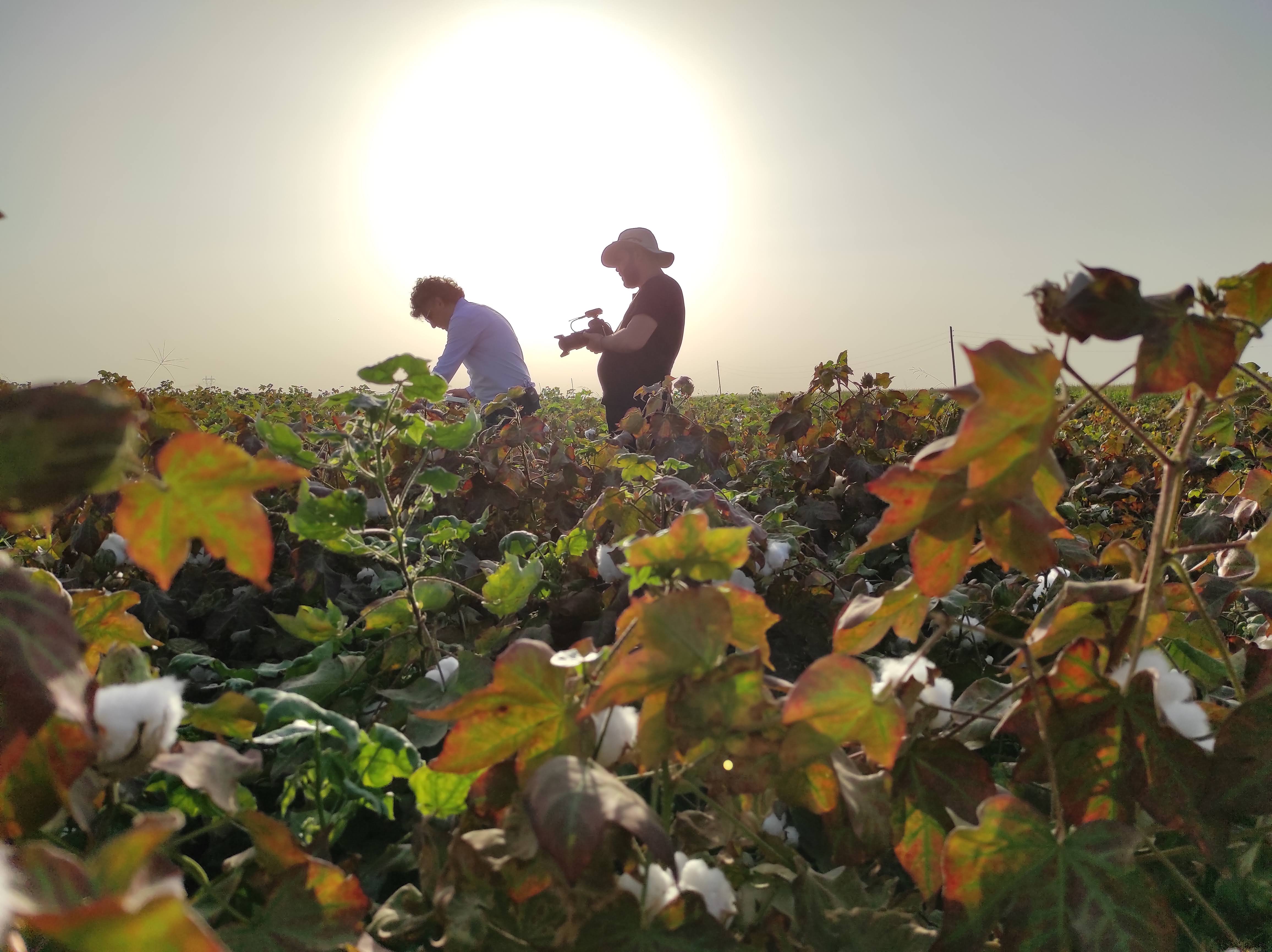In the Southeastern Anatolia Project (GAP) Region where 60 percent of Turkey's cotton is produced, successful outputs have been achieved so far as a result of practices that enable cotton businesses produce better quality and environmentally friendly production with less input.
Better Cotton Practices, which channel efforts in cotton production to increase the amount and value of the product by using less resources, expand its area of activities and disseminate its positive results to a larger scale with the signing of a new agreement among the partners of the first pilot.
Following the pilot studies that started in 2019 by the Better Cotton Initiative (BCI), the world's largest sustainable cotton production programme and its Turkey representative, the Better Cotton Practices Association (IPUD), with the support of Southeastern Anatolia Project Regional Development Administration (GAP RDA) and the United Nations Development Programme (UNDP), the “Better Cotton Project” was launched with the financial support from Growth and Innovation Fund (GIF).
In the Southeastern Anatolia Project (GAP) Region where 60 percent of Turkey's cotton is produced, successful outputs have been achieved so far as a result of practices that enable cotton businesses produce better quality and environmentally friendly production with less input. Producers stated that they observed 3 percent savings in fertilizer and 45 percent savings in irrigation.
Guiding its activities in the light of local and global changes and developing technologies, Better Cotton Practices support producers at all stages of production, from planting to harvest. In Şanlıurfa and Diyarbakır provinces where production is mostly concentrated, trainings will be provided on better cotton practices. It is aimed to reach a total of 900 farmers with detailed trainings on efficient use of water, taking care of the health of soil and natural habitats, minimizing the effects of harmful plant protection practices, protecting fiber quality and applying decent working principles.
Dissemination of the decent work model in line with the Sustainable Development Goals, digitalization in agriculture, precision agriculture application trainings, capacity building activities and preparation of the region's biodiversity map are also among the activities. In addition to the better cotton practices expanded in the region, awareness raising activities are also carried out on various issues such as prioritizing the environment and human health and increasing cooperation with the private sector.
The Better Cotton Practices, in which world standards are applied in cotton production and the industry is enabled to keep up with the demands evolving in this direction, focus on increasing the competitiveness of the producers and hence supporting the socio-economic development of the region. As a result of successful practices, it is aimed to enable producers make Better Cotton certified production in the region.
The new Better Cotton initiative is carried out within the scope of the Integrated Resource Efficiency (IRE) Project, which aims to ensure the sustainable use of resources by minimizing environmental impacts in agriculture and agro-based industry in the GAP Region. The studies, carried out since 2017 with the technical support of GAP RDA and UNDP, under the cooperation of universities, public institutions and organizations, and non-governmental organizations in the region, aim to minimize environmental impacts while serving for economic development.

 Locations
Locations




